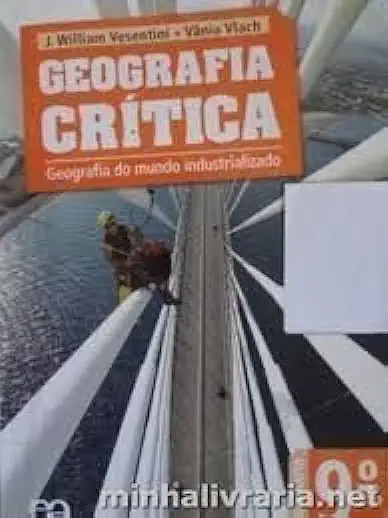
Critical Geography - J. William Vesentini and Vânia Vlach
Critical Geography: A Radical Approach to the Study of Space and Place
Introduction
Critical geography is a radical approach to the study of space and place that seeks to understand the ways in which power relations and social inequalities are embedded in the physical environment. Critical geographers argue that the world is not a neutral space, but rather a product of social and political processes. They examine how power is exercised through the control of space and place, and how this control can be used to marginalize and oppress certain groups of people.
Key Concepts in Critical Geography
Some of the key concepts in critical geography include:
- Space: Space is not simply a physical container, but rather a social product that is shaped by human activity. Critical geographers examine how space is produced, used, and contested by different groups of people.
- Place: Place is a specific location that has been imbued with meaning and significance by human activity. Critical geographers examine how places are created, shaped, and transformed over time.
- Power: Power is the ability to control or influence the behavior of others. Critical geographers examine how power is exercised through the control of space and place, and how this control can be used to marginalize and oppress certain groups of people.
- Social justice: Social justice is the fair and equitable distribution of resources and opportunities. Critical geographers argue that the current global order is unjust, and they seek to understand the ways in which geography can be used to create a more just and equitable world.
Applications of Critical Geography
Critical geography has been used to study a wide range of topics, including:
- Urbanization: Critical geographers have examined the process of urbanization and its impact on the environment, social inequality, and political power.
- Globalization: Critical geographers have examined the ways in which globalization has transformed the world economy and its impact on local communities.
- Environmental degradation: Critical geographers have examined the causes and consequences of environmental degradation, and they have proposed ways to create more sustainable societies.
- Social justice: Critical geographers have worked with social justice movements to understand the ways in which geography can be used to create a more just and equitable world.
Why Read Critical Geography?
Critical geography is a powerful tool for understanding the world around us. It can help us to see how power relations and social inequalities are embedded in the physical environment, and how this control can be used to marginalize and oppress certain groups of people. Critical geography can also help us to develop strategies for creating a more just and equitable world.
If you are interested in learning more about critical geography, I encourage you to read this book. It is a comprehensive and accessible introduction to the field, and it will provide you with the tools you need to understand the world around you in a new way.
Conclusion
Critical geography is a radical approach to the study of space and place that seeks to understand the ways in which power relations and social inequalities are embedded in the physical environment. Critical geographers argue that the world is not a neutral space, but rather a product of social and political processes. They examine how power is exercised through the control of space and place, and how this control can be used to marginalize and oppress certain groups of people.
Critical geography is a powerful tool for understanding the world around us. It can help us to see how power relations and social inequalities are embedded in the physical environment, and how this control can be used to marginalize and oppress certain groups of people. Critical geography can also help us to develop strategies for creating a more just and equitable world.